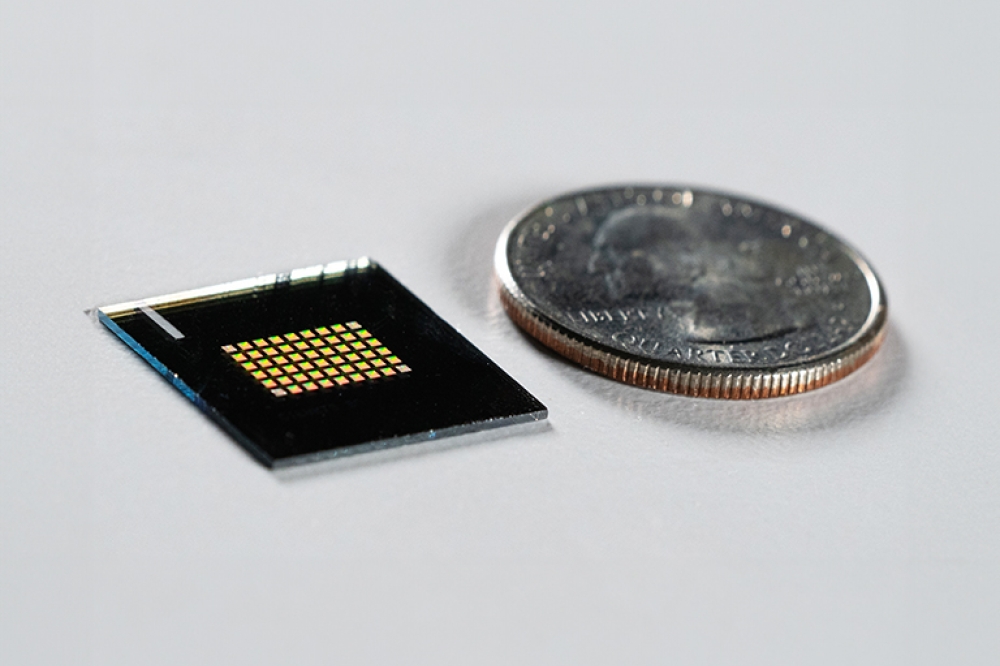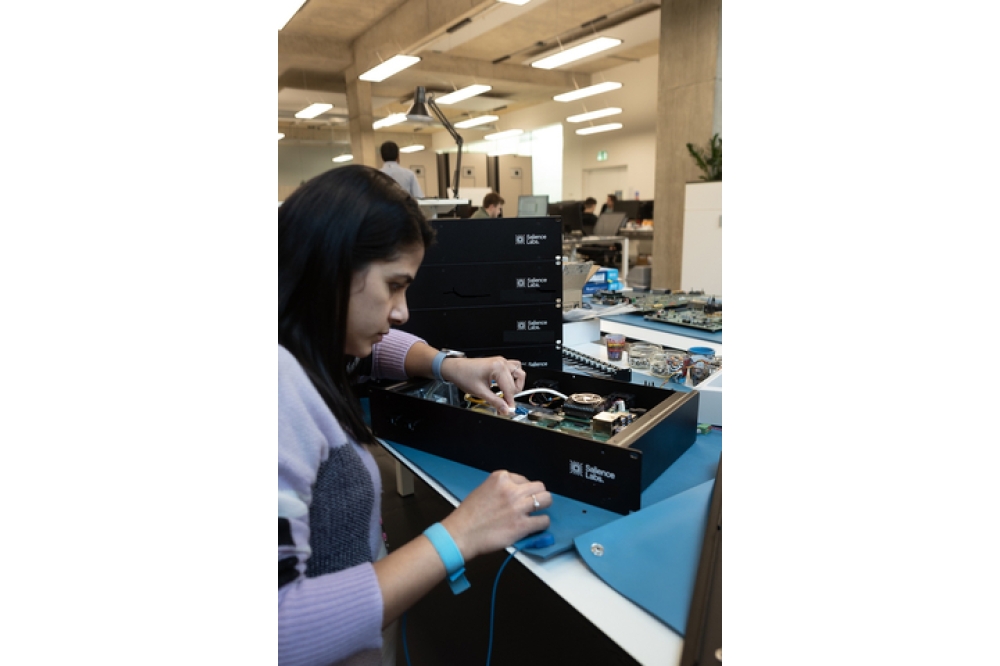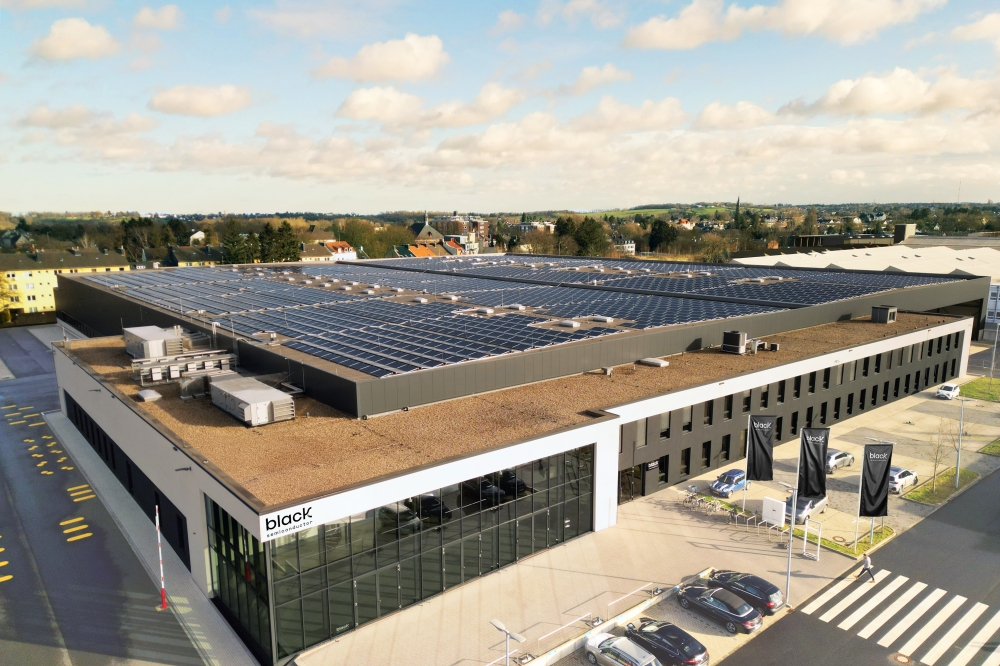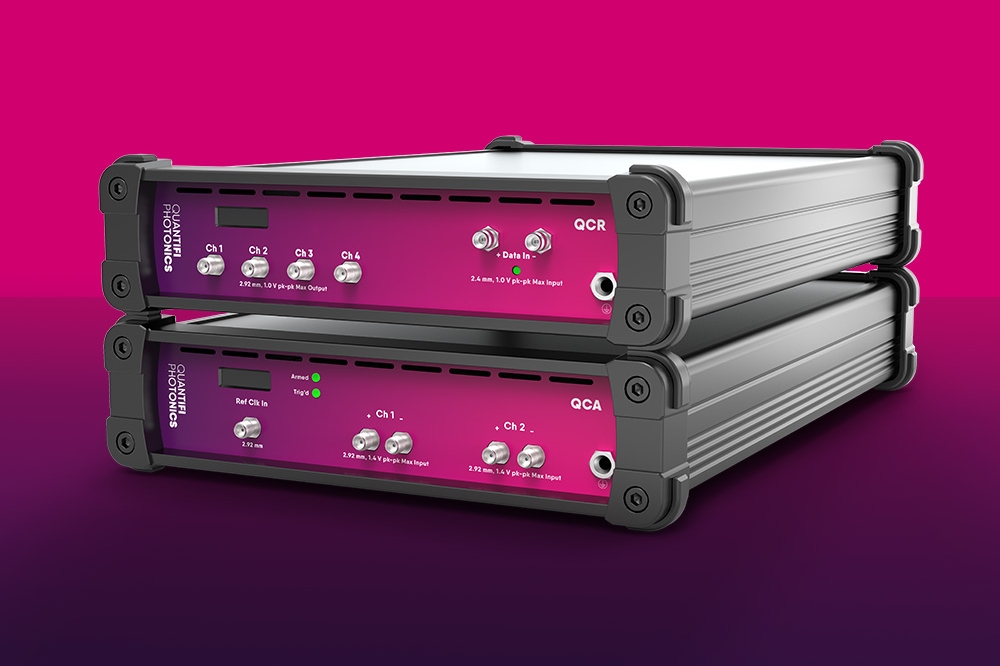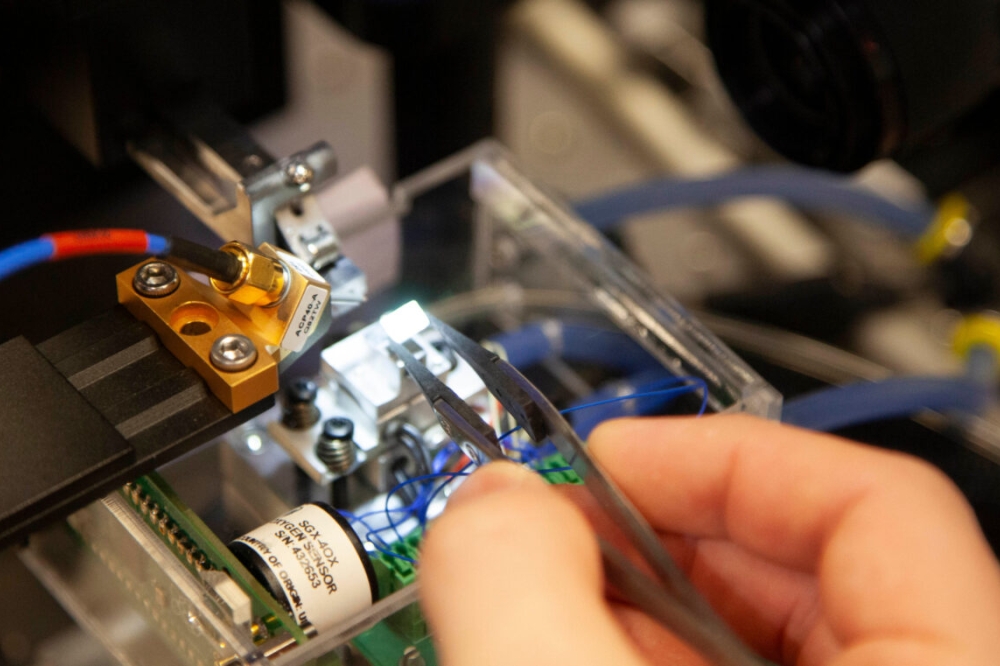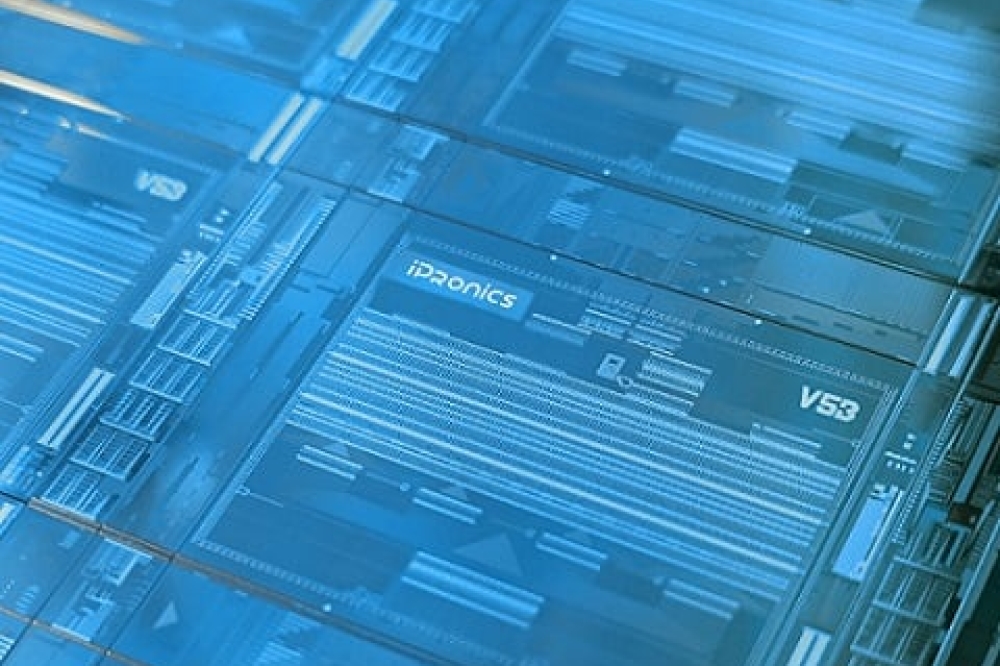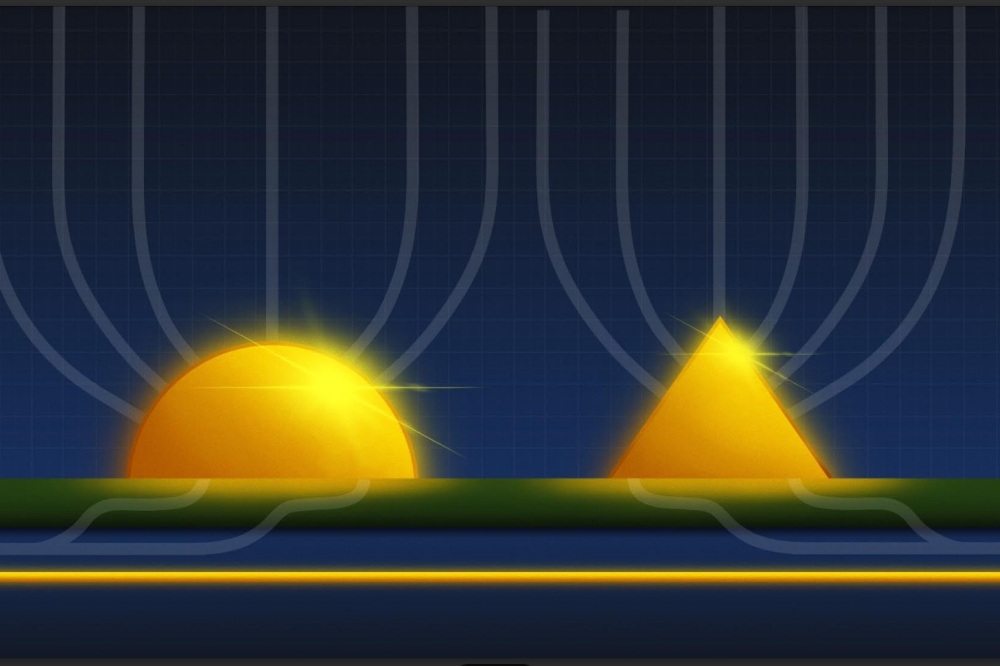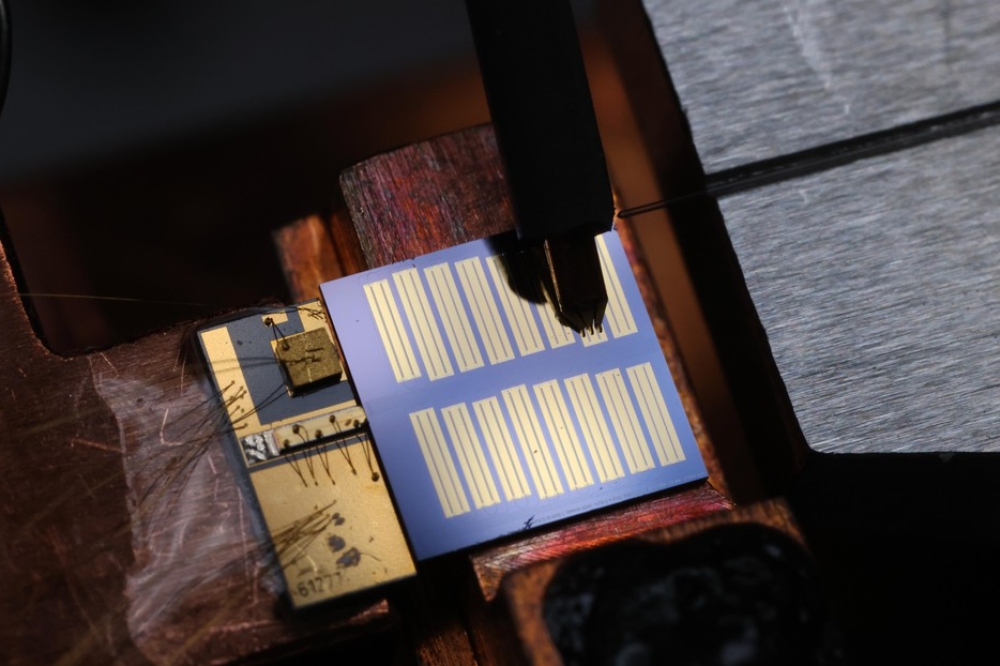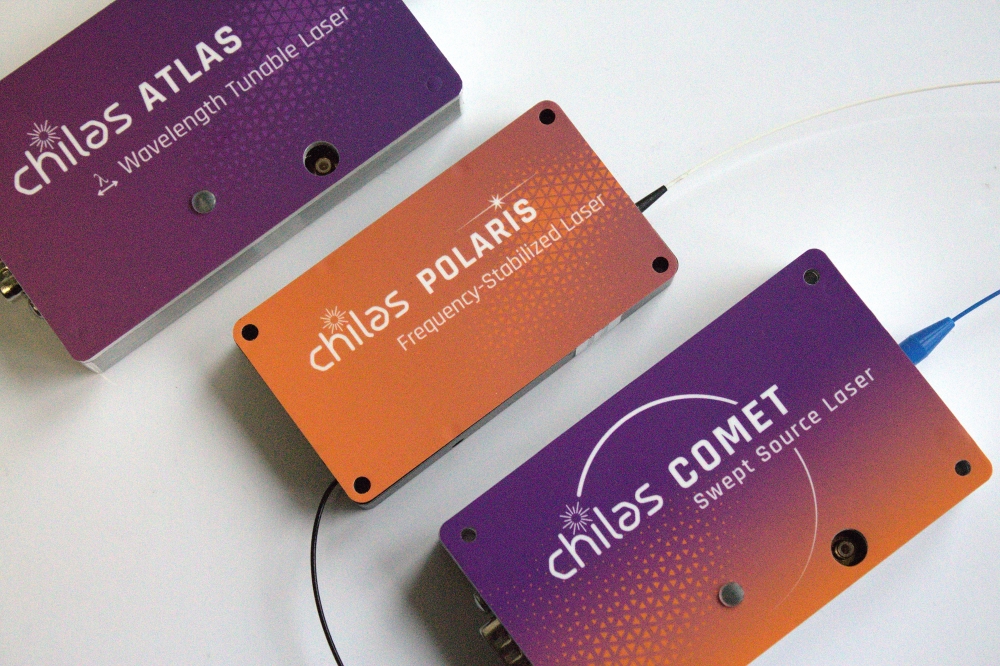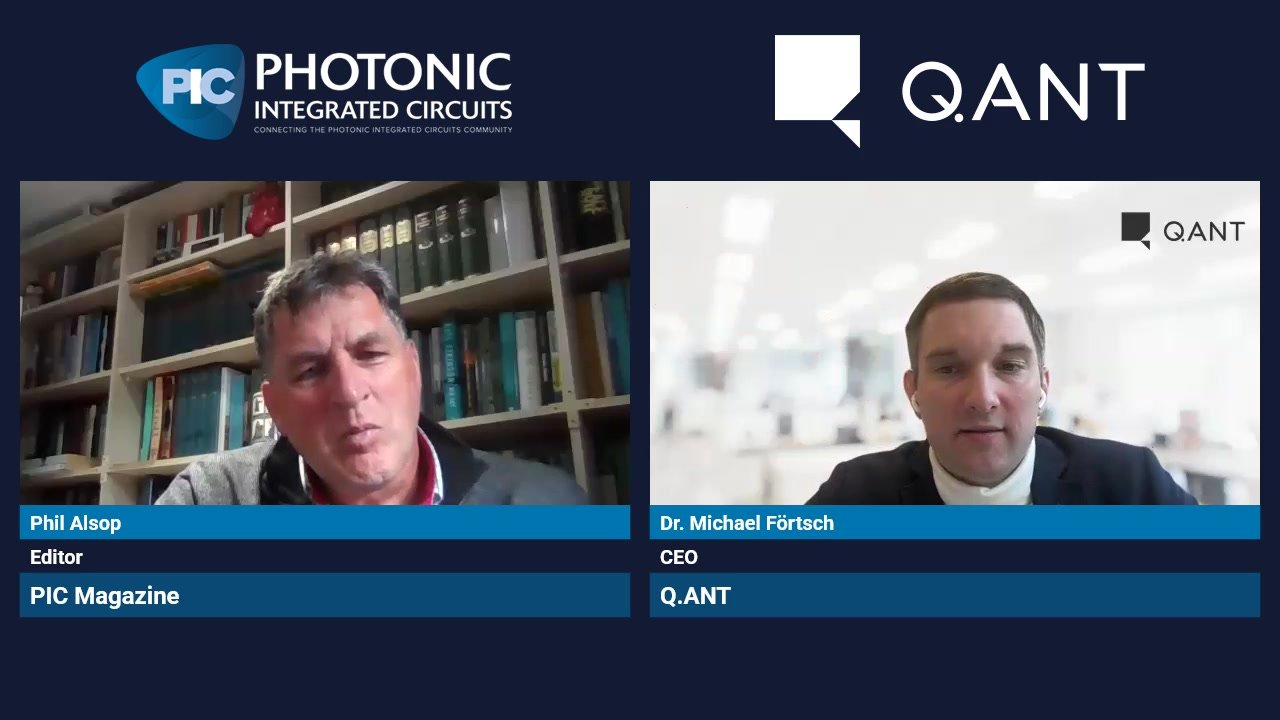IonQ advances compact, room-temperature quantum computing

The company says its progress towards miniaturised ion trap vacuum packages that can sustain extreme high vacuum complement its other initiatives, including a partnership with NKT to incorporate optical subsystems into future quantum computers, and a collaboration with imec to develop PICs
Quantum computing company IonQ has announced the completion of its next-generation ion trap vacuum package prototype intended to realise smaller, more compact, room-temperature quantum systems. The company has completed a state-of-the-art assembly chamber capable of manufacturing miniaturised ion trap vacuum packages that can sustain extreme high vacuum (XHV) – levels that are comparable to the vacuum levels found on the surface of the Moon.
IonQ’s approach aims to allow quantum systems to operate without any cryogenically enhanced vacuum, leading to a material reduction in energy consumption and, in turn, computational energy costs. The miniaturised and simplified components resulting from this approach are designed to be modular and replaceable, to reduce complexity and maintenance overheads. In addition, the company says this approach supports its focus on enterprise-grade capabilities to accelerate system manufacturability, installation, and maintenance.
“Compact room-temperature XHV is a key enabling component technology on our roadmap, and we expect it to result in simpler, smaller, and far more robust systems as we scale up performance, scale down size, and increase production volume for real-world applications,” said Dean Kassmann, senior vice president of engineering and technology at IonQ. “Designing miniaturised ion trap packages that can achieve high vacuum underscores our commitment to breaking technical boundaries as we deliver enterprise-grade quantum computers.”
According to IonQ, a key technical innovation it has achieved is the assembly of an ultra-small ion trap vacuum package, within a larger high-vacuum assembly chamber, to help drive performance and operational benefits. In addition, the company says this development will help drive the future elimination of industry standard vacuum pumps from within the quantum computer itself. The new ion trap vacuum package employs modern techniques to enable high pumping rates with no moving parts. IonQ says this achievement relied on novel approaches to material selection, optics, welding, and micro-scale manufacturing not previously applied to trapped-ion quantum computing.
The company adds that the XHV advancements complement its other recently announced technology initiatives, including a collaboration with NKT Photonics to integrate innovative optical subsystems into future IonQ quantum computers and a partnership with imec to develop PICs and chip-scale ion trap technology.


